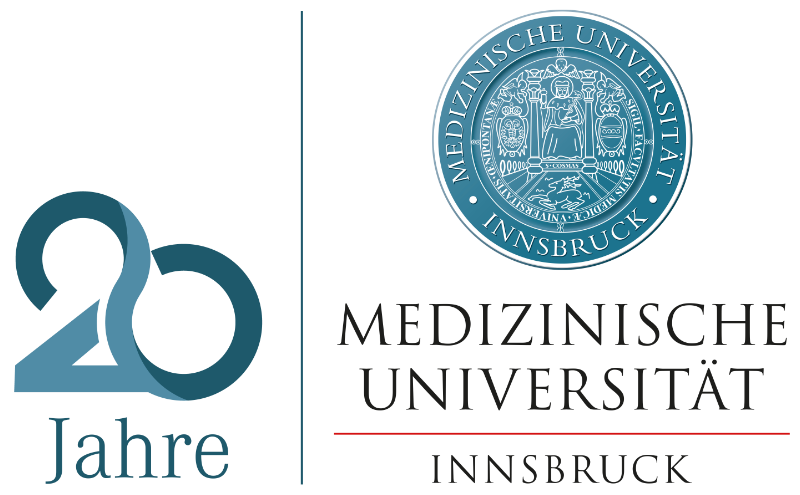Induction and modulation of specific T cell responses by dendritic cells
Background
Dendritic cells (DC) are professional antigen-presenting cells with the capacity to sample and process antigens (Ag). When confronted with foreign antigens DCs get activated and undergo a maturation process, whereby they down-regulate the Ag-uptake machinery and simultaneously up-regulate the expression of major histocompatibility complex (MHC), costimulatory molecules as well as cytokines, which are necessary for efficient induction of specific T cells. Due to their intrinsic capacity to induce specific immune responses DCs are intensively studied as potential target for immunotherapy. DCs express a unique pattern of receptors and a variety of receptors like DEC-205, CD11c, Clec9A, MHC, LOX1, mannose receptor, CD36 are presently studied for their capacity to deliver Ags to DCs. The goal is to develop an efficient and reliable strategy for immunotherapy which activates and targets DCs in vivo to subsequently mount a robust CTL response.
Strategy:
Recently we showed that complement-opsonization of retroviruses like HIV and Friend virus enhanced virus-specific cytotoxic T lymphocyte (CTL) response by DCs. This enhancement was mediated most probably by the interaction of complement-opsonized retroviruses with DCs through complement receptor type 3 (CD11b/CD18) and type 4 (CD11c/CD18). Continuing this research direction should further elucidate the mechanisms involved in this modulatory effect of complement on DC-mediated induction of specific immune responses. Furthermore, we aim to investigate CD11c expressed on DCs as a potential target for antigen delivery to improve specific T cell responses.
Key words:
- retroviruses
- complement system
- dendritic cells
- antigen presentation
- T cell induction
- vaccine development
Members:
- Zoltán Bánki
- Roland Werner
- Brigitte Müllauer
- Heribert Stoiber






